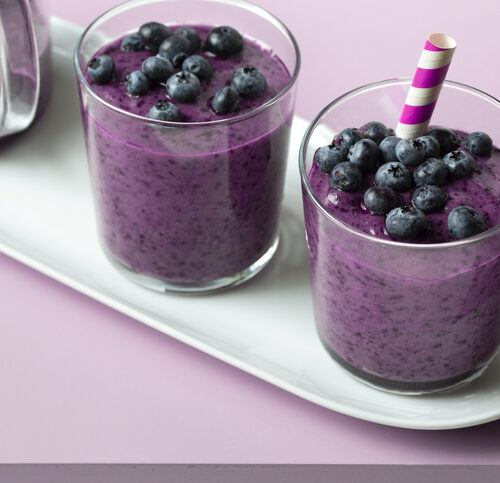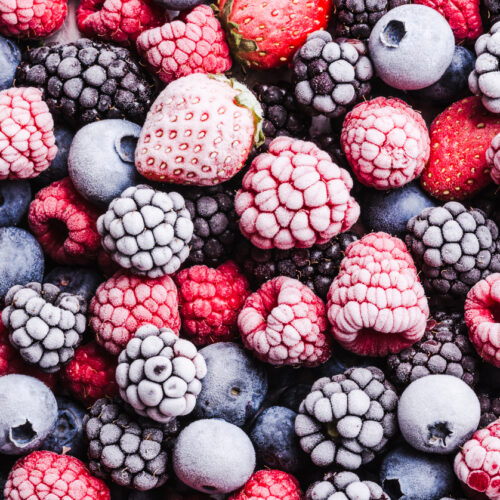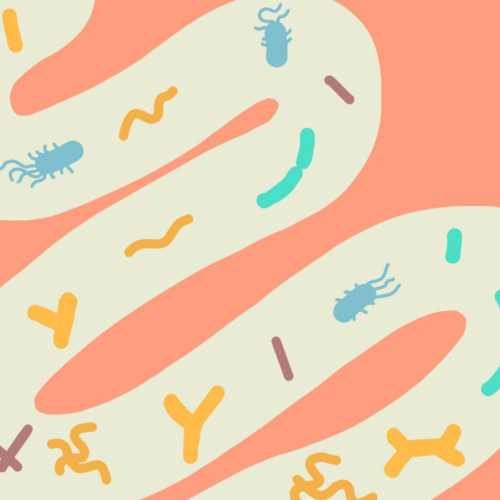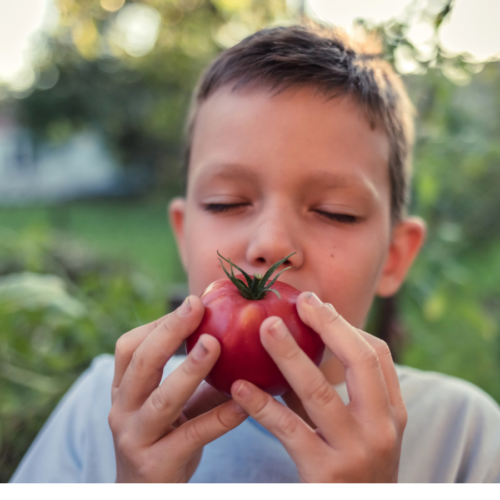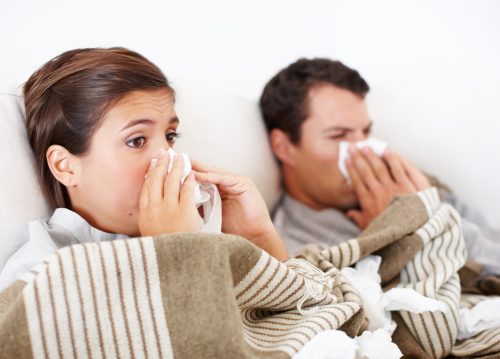
HFG senior nutritionist Rose Carr answers your food-related health questions.
Q: How come some people seem to get colds and flu all the time, and others never do?
A: A healthy diet and lifestyle can boost immunity, while a poor diet, stress, lack of sleep and exercise can lower immunity making us more susceptible to what’s going around.
Colds can be caused by one of more than 200 different viruses and once the virus reaches the nasal passages even of a healthy person, the healthy immune system will respond.
Over time, however, adults have built up immunity to many of the viruses, and it’s possible that people who get few colds have had more in their earlier years or they may not be exposed to as many viruses. There may also be differences to how our immune systems respond to a cold virus.
Children are more susceptible to colds and can average between six to eight colds each year while adults average two to four. Older people and others with a weakened immune system are also more susceptible to both colds and flu.The flu, also a viral infection, can affect anyone, no matter how healthy they are. Although people with underlying health conditions are most at risk from complications associated with the flu, healthy people can still become seriously ill.
Q: If someone in my house has a cold or flu, how can I not catch it?
A: We may not be able to avoid ever catching a cold or flu virus but we can improve the odds.
Cold and flu viruses spread in droplets of moisture from breathing, coughing and sneezing. When we touch any droplets which contain the virus and then touch our mouth, nose or eyes before washing our hands, we are innoculating ourselves with the virus.
The most important way to cut down on the spread of colds and flu is to wash our hands frequently. Alcohol-based hand disinfectants are useful when we can’t get to a bathroom.
Rhinoviruses, which account for around 50 per cent of colds, can live up to three hours on our skin and on objects such as door knobs, telephones, light switches and stair rails. Disinfecting these surfaces could help prevent a virus spreading.
When children have colds, teach them to cover their nose and mouth when sneezing and to wash their hands frequently. Toys may need washing, too.
Q: Can diet and exercise help prevent getting a cold or the flu?
A: Even though it can’t make you bullet-proof, eating a healthy diet will help boost your immunity so that if you do get a cold or flu it may not be as serious or long-lasting. Plenty of vegetables and fruit, lean protein and healthy fats are all important. Foods providing iron, zinc and vitamins A, C, E, B6 and B12 support your immunity. Limiting alcohol and caffeine and avoiding smoking also boost immunity.
People who regularly exercise are less likely to get colds and other respiratory infections and when they do succumb, the symptoms are less severe. Exercise also helps manage stress and enhance sleep, two factors which affect our immunity. The flipside is that immediatelyfollowing a session of intense physical exercise, such as running a marathon, we are actually more susceptible to a respiratory infection.
Q: What supplements can I take to prevent getting a cold or at least reduce cold symptoms?
A: Here’s what the research says.
Zinc
A 2011 Cochrane Review of research trials found that when taken within 24 hours of onset of the first symptoms, medications containing zinc can help reduce the duration and severity of the common cold in otherwise healthy people. It is thought zinc works by interfering in theway cold viruses multiply. More research is needed to understand the ideal dose, formulation and length of treatment. Zinc lozenges can cause stomach upsets and zinc should only be used short-term because of concerns about toxicity.
Vitamin C
Taking vitamin C to prevent catching a cold doesn’t seem to work unless you are into extreme exercise or you’re going to be in extreme cold. However, taking vitamin C regularly in doses of more than 200mg a day may help reduce the effects of a cold — by around eight per cent in adults and 14 per cent in children. In studies where vitamin C was taken after getting a cold there was no consistent effect on either the duration or severity of symptoms.
Probiotics
A 2011 Cochrane Review found that while there was limited data, using probiotics seemed to reduce the incidence of acute upper respiratory tract infection as well as antibiotic use.
Echinacea
Trial results are inconsistent as there are many different preparations using echinacea. However, some preparations do appear to help decrease the severity and duration of cold symptoms in adults.
Garlic
Laboratory evidence supports garlic’s antibacterial and antiviral properties but there are few trials on its effect on colds. One study with 146 participants found people who took garlic every day for three months had fewer colds than the group taking a placebo. When they had a cold, however, the length of illness was similar in both groups. And possible side effects included odour and a skin rash.
Q: Should I get a flu jab?
A: The flu virus can infect up to one in five of us every year and vaccination is a good idea as it can be a serious illness with severe effects. People aged 65 years and older, pregnant women and people with certain medical conditions are eligible for free vaccinations (until 31 July 2012) because they have increased risk from the flu. We need to get the vaccination every year because protection lessens over time and it can be caused by different influenza viruses that are not always represented in the previous year’s vaccine.
www.healthyfood.com



